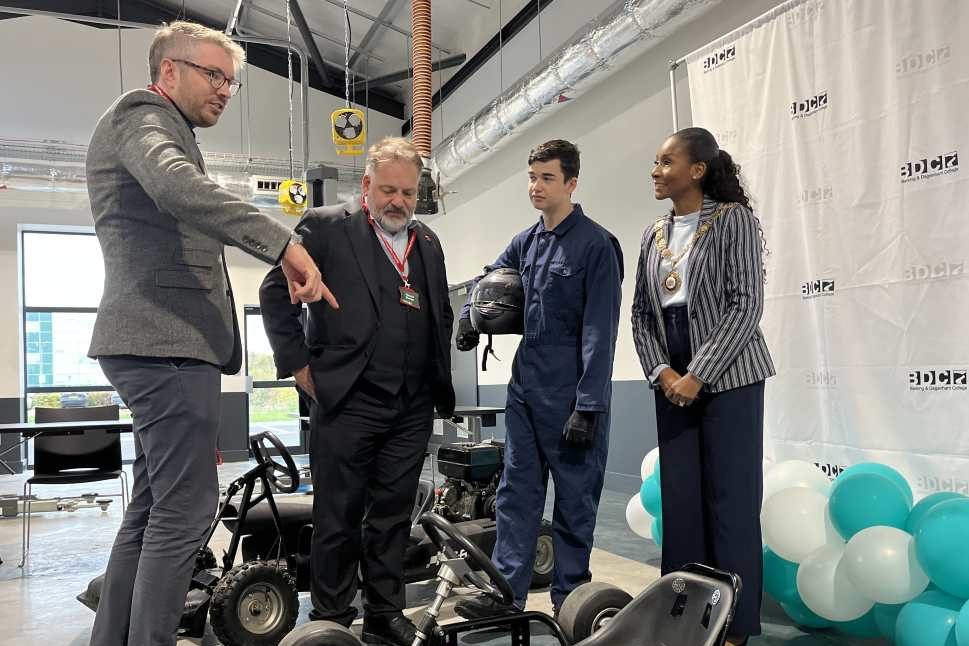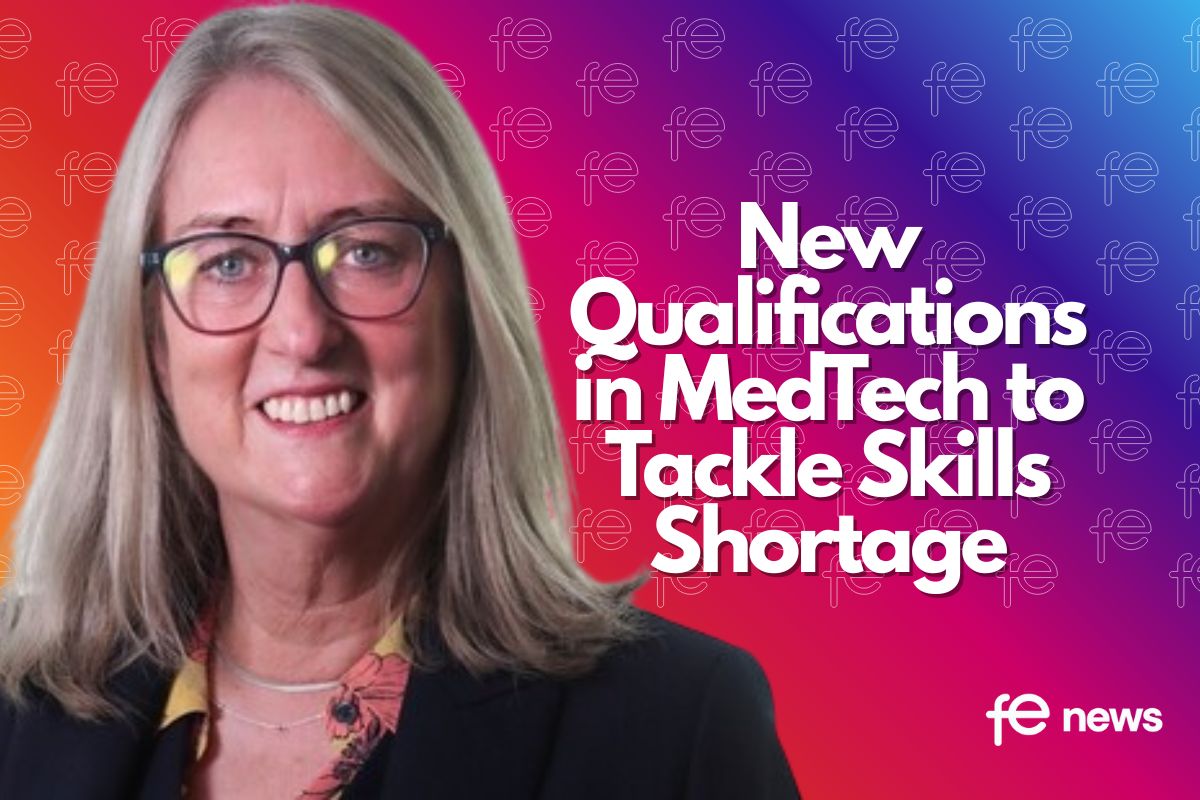Degree apprenticeships: disadvantaged students have to travel 12 times further than those in affluent areas

Yesterday (29 Jan), the Jisc-supported Higher Education Commission released findings that show degree apprenticeships may be good in theory but they’re not delivering for small employers or disadvantaged students.
Organisations including Jisc, NHS employers, IBM, BAE Systems and more than 40 higher education providers, gave evidence. The Commission also interviewed sector leaders, such as Sir Gerry Berragan, chief executive of Institute for Apprenticeships.
No providers for small and medium-sized enterprises (SMEs)
A new report – degree apprenticeships: up to standard? – reveals that out of 51 approved degree apprenticeship standards, 43% have no providers that are delivering to SMEs and 63% of degree apprenticeships have no or just one provider offering provision for non-levy payers (SMEs).
This new evidence follows widespread sector criticism of the Education and Skills Funding Agency’s (ESFA) procurement process, with many high quality education institutions, across all levels of apprenticeship, not receiving funding to meet the needs of SMEs.
Cold spots cut off would-be apprentices
Significantly, the new data shows that degree apprenticeship cold spots could be emerging in existing areas of severe educational and economic disadvantage.
Presenting a double blow for disadvantaged young people, an aspiring apprentice from Norfolk could, on average, have to travel 12 times as far for the nearest opportunities compared to someone from Hammersmith and Fulham.
The Commission calls for additional financial support for prospective degree apprentices from disadvantaged backgrounds, especially those from cold spots.
The report comes at a crucial time, with the government’s Augar Review into Post-18 education and funding expected to be published in a matter of weeks.
Employers need flexible qualifications for skills gaps
The length of degree apprenticeships (up to five years) will leave degree apprentices ‘stranded’ due to the absence of ‘stop-off points’. This lack of flexibility is particularly relevant for those from disadvantaged backgrounds.
The report recommends building in Level 4 and 5 qualifications, a move which the HE Commission believes will make the provision more accessible for those from disadvantaged areas and cold spots. Employers were also concerned that the design of degree apprenticeships is inflexible and could quickly become out-of-date in relation to future skills needs.
Paul Feldman, chief executive of Jisc and a Higher Education Commissioner, said:
Genuinely successful lifelong learning relies on an education system that benefits everyone, regardless of background.
Degree apprenticeships are a particularly valuable opportunity for those that choose a vocational education path, often starting at school or in further education, who can then progress their learning to a higher level and combine a university education with real-world skills.
However, as this report shows, the system needs to become much more flexible to benefit students from disadvantaged areas and the design of degree apprenticeships programmes modernised.
It is vital these issues are addressed – our learners need to be equipped with the skills required of the evolving workforce and Industry 4.0, where advanced technologies are transforming jobs, the workplace and how we live and communicate.
Sir Chris Husbands, vice chancellor at Sheffield Hallam University, said:
An education system fit for the 21st century must ensure the acquisition of both academic and technical skills. Students need that. The nation needs that.
This report is clear about the potential of degree apprenticeships to make a difference, at the same time as challenging the current model of delivery.
Sheffield Hallam University has led the way in developing degree apprenticeships. We have seen interest and applications rise significantly over the last two years – but as outlined in the report, more work is needed to support learners.
We need stable funding arrangements, streamlined administrative procedures for the approval of degree apprenticeships, and longer term policy stability. Putting these measures in place will help to ensure the long-term success of degree apprenticeships.
5 Recommendations and easy wins
The report recommends a number of ‘easy wins’ for government to implement. These include:
- Create equal access for SMEs by permitting HE institutions already delivering degree apprenticeships to big businesses to deliver for small businesses
- Decrease bureaucracy and costly repetitive processes for employers and providers
- Ensure standards are approved more quickly, are fit for purpose and flexible to future needs
- Offer additional financial support for prospective degrees apprentices from cold spots and disadvantaged backgrounds
- Review the barriers preventing SMEs from taking on the degree apprenticeships that will help them grow and thrive











Responses